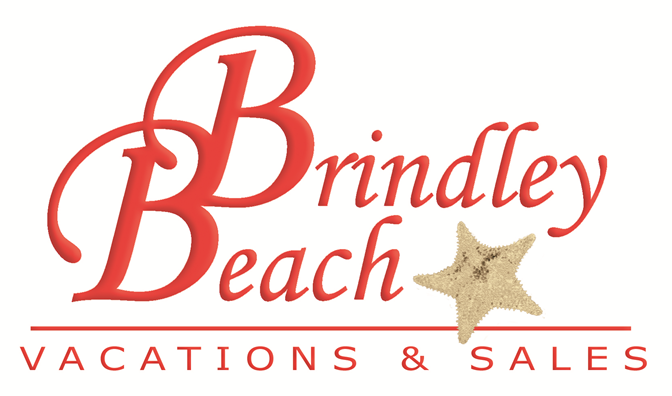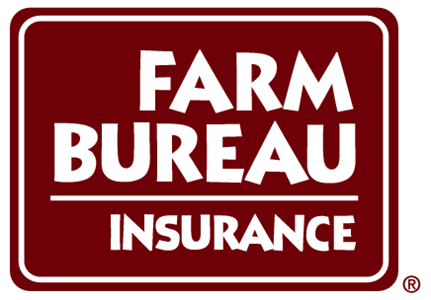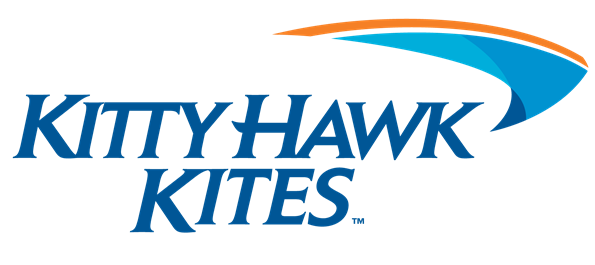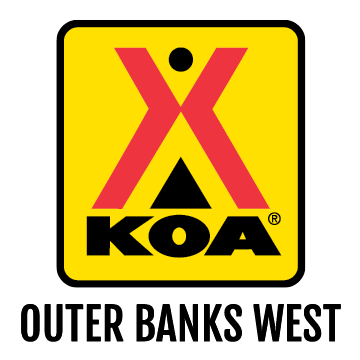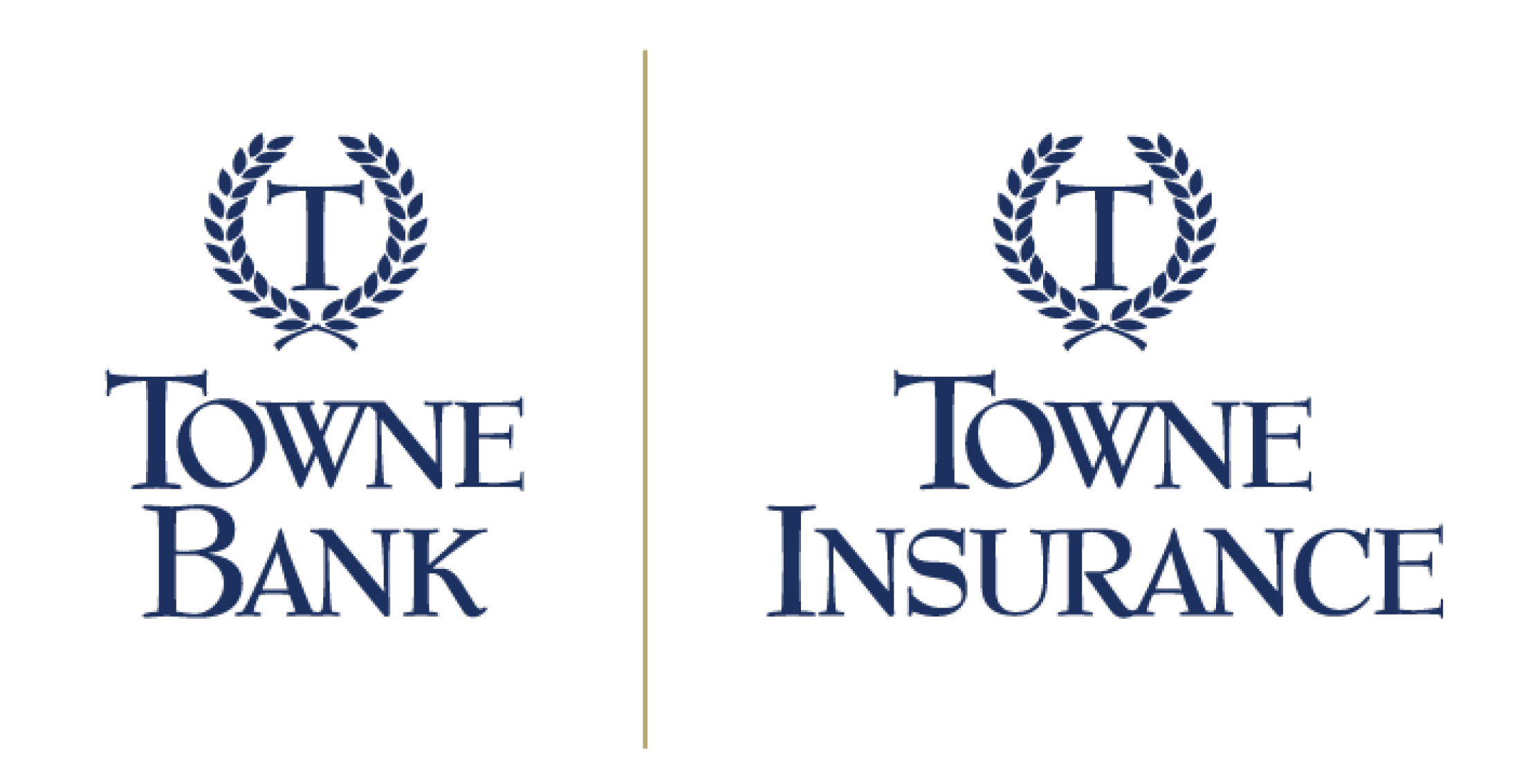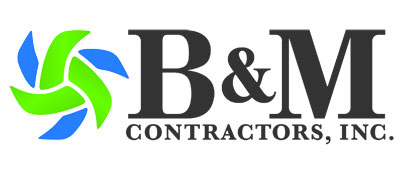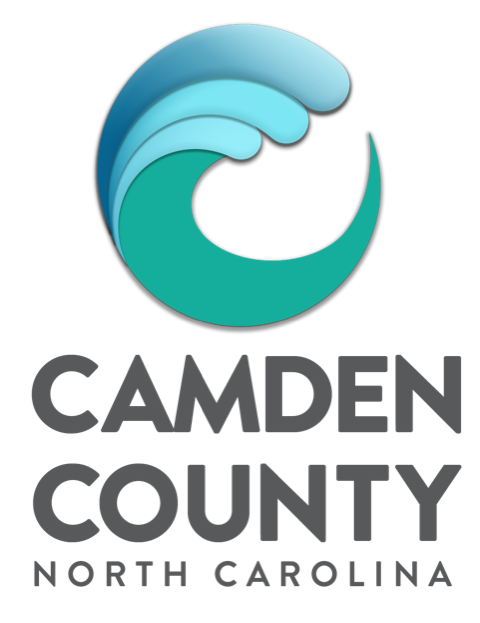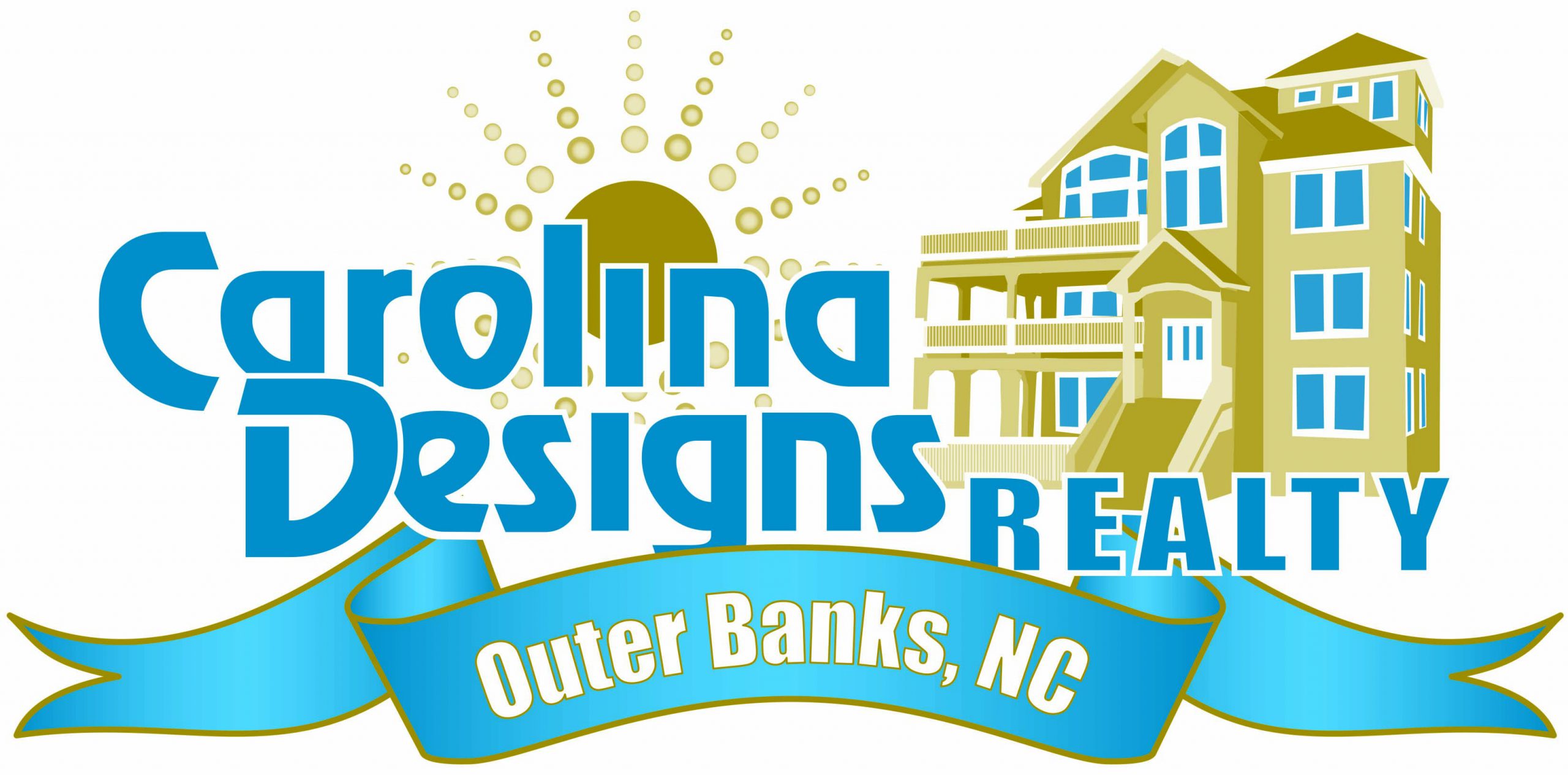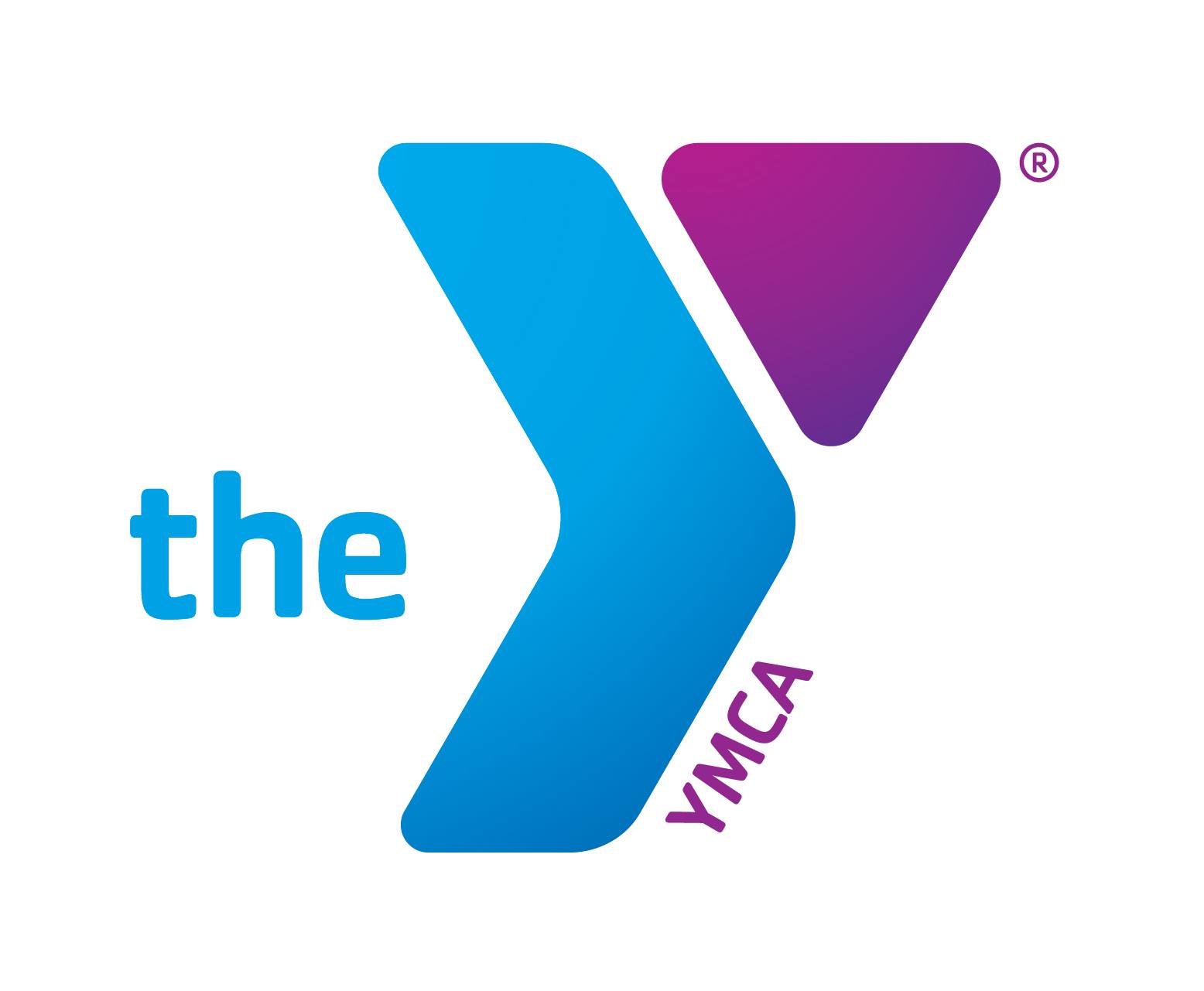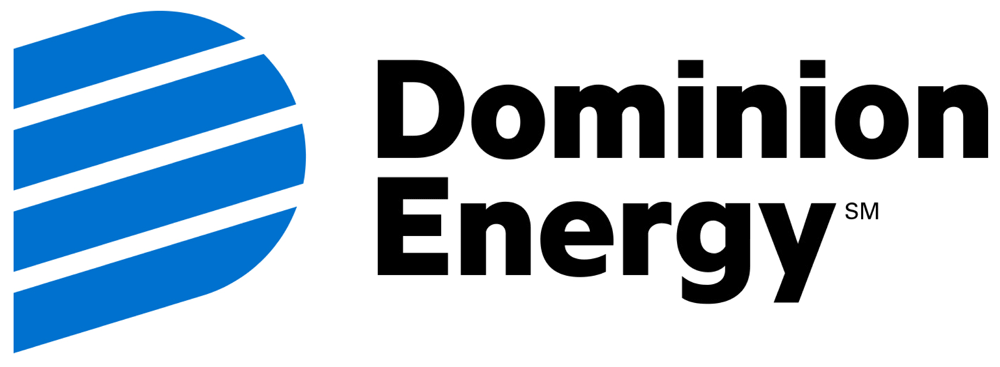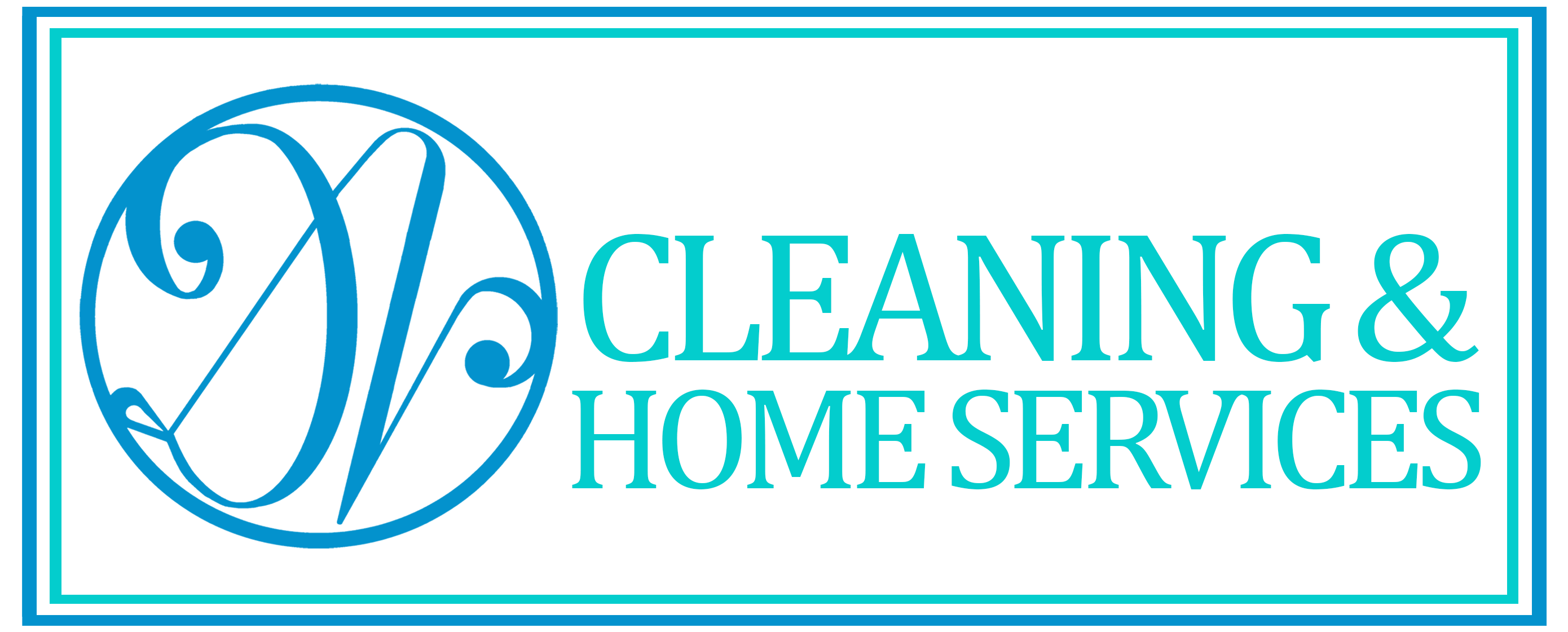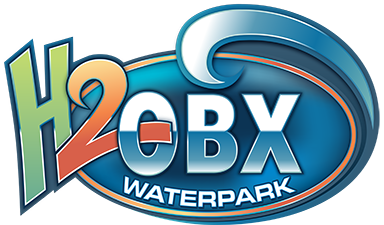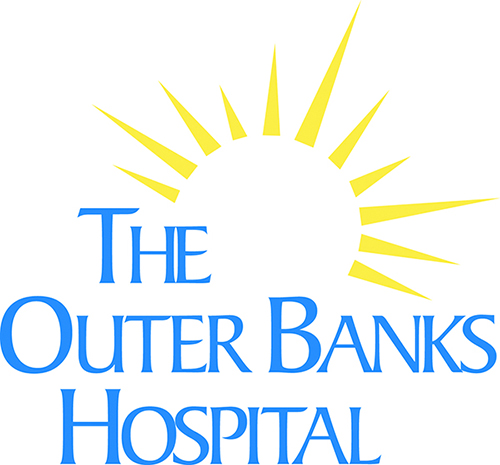The vast array of difficulties of operating a business during a crisis such as COVID-19 cannot be considered overly dramatic by any standard. The lessons learned will ultimately teach future entrepreneurs volumes for generations to come. But what to use to clean our offices and keep them safe? Hospitals have been at the forefront of advanced safe cleaning, but how do small businesses make solid decisions given the multitude of new and potentially unproven cleaning products? With the rush to open our doors, how we clean, sanitize, disinfect, etc. amidst hastily produced products thrust upon us from various new sources, how do we understand the best practices of what is clean?
Evaluating your business is the first step. Determine what needs to be cleaned, how often, and what are safe products given the exposure to the chemicals. Basically: Evaluate, draw up a plan, implement the plan, maintain, and update the plan. Your facility type is a factor in determining the levels of kill rates needed to be effectively safe. The EPA is a resource for reliable and current products and procedures. Please see the United States Government Plan for reopening our workplaces. Also, buyer beware of buying cleaning products online. In February of 2021, the EPA issued a “stop sale” order to Amazon.com “to prevent sales….of potentially dangerous or ineffective pesticides…making illegal claims to protect against viruses.”
Second step is to know the difference between sanitize, disinfectant, and sterilize. Per the EPA, antimicrobial products are those that can “…destroy or suppress the growth of harmful microorganisms such as bacteria, viruses, or fungi on inanimate objects and surfaces…” Sanitizing references the ability to reduce bacterial on a surface and is the weakest form of antimicrobial. Disinfectants are more powerful and can kill and prevent the growth of bacteria and fungi. Not all disinfectants will kill viruses, but many do, so read the label for the kill rate (such as 90% or 99% reduction of virus for example.) The strongest antimicrobials are called a sterilizer. These products require training and certification to handle them as they kill live bacteria and fungi.
Ultimately the considerations of workplace cleaning will be decided on what works and what does not. During the crisis at hand, when we certainly need to be cleaning our workspaces thoroughly and often, it is important to understand your business’ needs and get it right as quickly as possible. Wasting time on illegitimate cleaning products or methods are dangerous and costly. Working together as a community and sharing this knowledge will certainly help to beat the coronavirus pandemic into submission as well as acknowledge our concerns for the health and safety of each other. The future is now.




